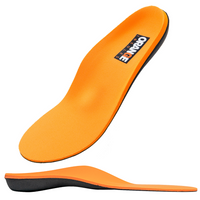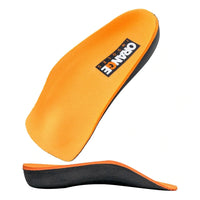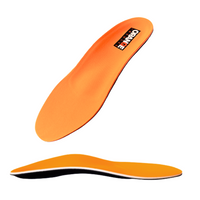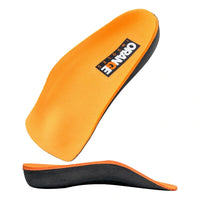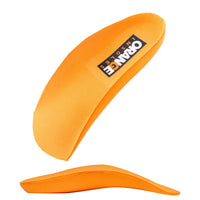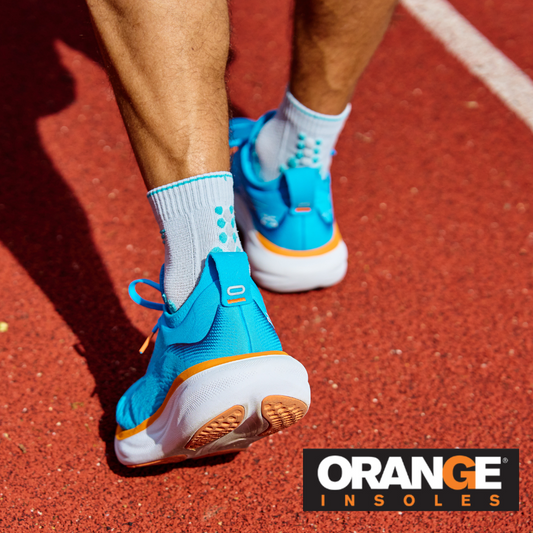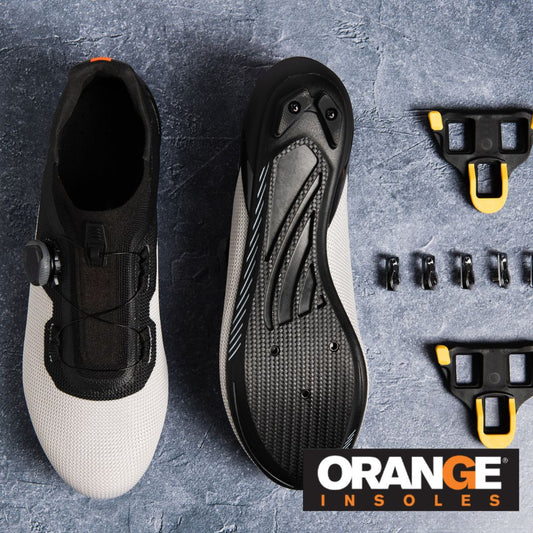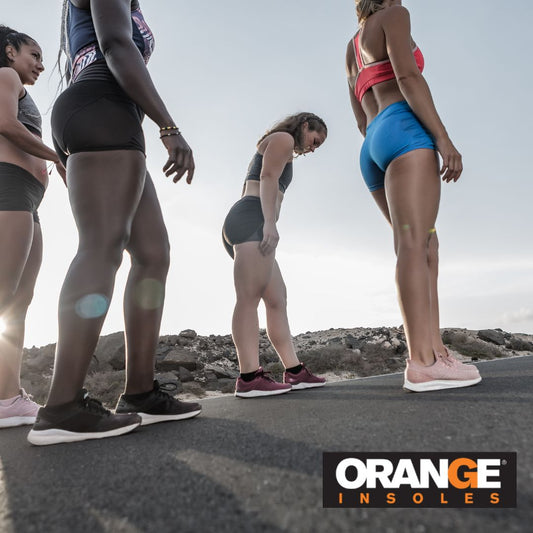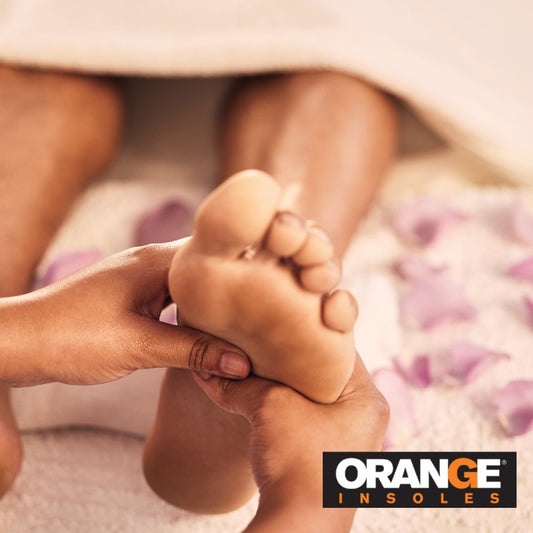Running can seem very intuitive, but there’s actually quite a lot that runners need to learn. Every runner should pay special attention to hydration- it entails way more than just carrying water when running. Any run or jog that lasts more than 45 minutes is considered a long-distance run. While it’s nothing that the Orange Full insoles can’t handle, dehydration is another issue that can be dangerous! Here’s what every runner needs to know about hydration:
Consider Sports Drinks
While water is your best bet for everyday hydration, drinks with electrolytes and carbs can replenish your energy much better than plain water. Still, you should save sports drinks for long runs since it’s often not needed during shorter runs. Here are some signs you could benefit from a sports drink:
- If you’re running on a warm day
- If you’re feeling muscle fatigue during the run
- If you sweat more than the average person
- You’re going to be running for more than an hour
On the downside, many of these drinks are very high in sugar or have ingredients that can upset your stomach during runs, so it’s important to figure out what works best for you. There are some alternatives that can provide you with the same benefits as standard sports drinks, but remember to check in with your doctor before trying anything new.
Read more: Hydration and Your Muscles
Consider Hydration Powders
Hydration powders are quickly replacing standard sports drinks. They are often much healthier and packed with more vitamins and minerals to support your health in many other ways. Here are some of the best mixes on the market that are favorites among runners:
- Nuun Immunity- works well as everyday hydration and promotes relaxation
- Skratch Labs Sport Hydration Mix- ideal for running very long distances
- Liquid I.V. Hydration Multiplier- great for hot, humid weather and heavy sweaters
- Maurten Drink Mix 160- a popular choice for those with sensitive stomachs
- GU Recovery Drink Mix- protein-packed nutrition for after your workout
Hydrate Beforehand and During Your Run
Even if you’ll be carrying water when running, you’ll want to hydrate before you begin so that you can get a head start before sweating it out. Drink small amounts up until you begin your run so that your stomach isn’t heavy when you begin.
Read more: 8 Reasons You Should Drink more Water
It’s recommended that you drink 16 to 24 ounces slowly around 2 to 3 hours beforehand and 3 to 6 ounces of water/ sports drink every 20 minutes after you begin. Keep in mind that these are loose recommendations and everyone’s body is different. You’ll also want to avoid hyponatremia, which comes from drinking too much water and not balancing it with enough sodium.
Signs of Hyponatremia
- Headache
- Nausea
- Confusion
- Fatigue
- Irritation or restlessness
- Muscle spasms, weakness, or cramps
- Seizures
This is why opting for a sports drink for a very long run can save your life. The sodium in the drink can balance out the excessive water.
Signs of Dehydration
It can be easy to get caught up in the momentum of your run, but it’s important to slow down and check in with your body. You should take a break and rehydrate with a drink if you notice any of these signs of mild dehydration:
-
Cool, dry skin
-
Headache
-
Tiredness
-
Dry mouth
-
Dizziness
-
Muscle cramps
Try Planning Out Your Route
If you really want to run intensely, pack lightly and fill up while on the trail. Fountains and rest stops may also keep you from getting lost or too far away from a source of water. This is why it’s a good idea to always run on trails where you know exactly where you can fill up if you need it.
Gear Up!
Hydration packs are extremely popular for runners since they can be carried like a lightweight backpack, but allow you to drink water through a hands-free straw. Running belts also don’t require that you hold the water in your hand at all times, but these usually provide extra storage for other items. Carrying water when running can be a challenge, but even there are even reusable water bottles designed to be easy to carry while on the move.
Pay Attention to the Color of Your Urine
Darker shades of urine generally mean that you need more water. You can always take note of your urine while hydrated to get an idea of what your urine usually looks like. Any sort of difference in color may be a sign to start taking small sips to catch up.
By simply carrying water when running, your body can remain ahead of the game and at optimal performance!
SHOP for INSOLES
